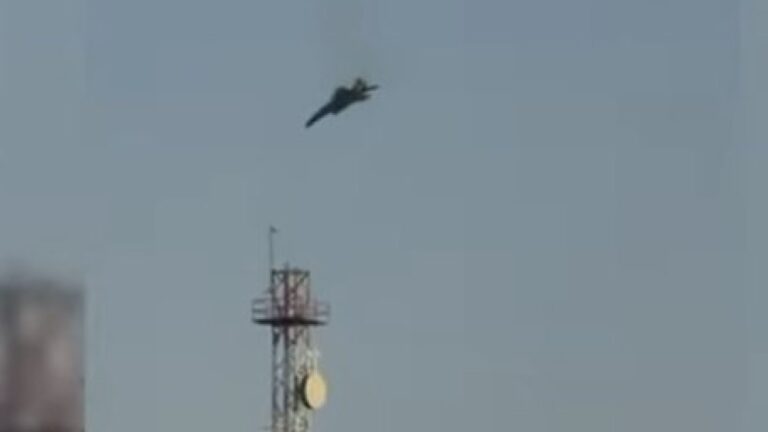 Army, intelligence and other agencies are in agreement, that the next armed conflict on any front, Iran, Hizbullah, Hamas or Syria, will place Israel’s homefront on the frontline of the warfare.
Army, intelligence and other agencies are in agreement, that the next armed conflict on any front, Iran, Hizbullah, Hamas or Syria, will place Israel’s homefront on the frontline of the warfare.
The experts are drawing conclusions from the Second Lebanon War, and they expect a new conflict will result in hundreds of rockets striking cities, but until now, there were none armed with chemical warheads.
All are in agreement that today, the situation is considerably better than before the Second Lebanon War, but all also agree that the current reality is a far cry from an ideal situation, with the homefront exposed and vulnerable. Many citizens do not have proper gas masks, there is a shortage of shelters, and a chemical attack could result in a painful blow.
Officials are pleased to see that following recent preparedness exercises involving civilian and military agencies, the current state of preparedness is an improvement compared to pre-Second Lebanon War realities. Deputy Defense Minister Matan Vilnai is in charge of overseeing preparedness for the next conflict, which by the way most intelligence community officials feel is a matter if “when” and not “if”.
The level of preparedness nationwide dropped significantly as a result of the decision in the 1995 Second Gulf War when then defense minister, Shaul Mofaz, ordered the opening of the personal protection kits, the gasmasks. The move rendered the kits unusable and since that time, many have been collected but they have not been reconditioned and redistributed.
In line with a cabinet decision, the redistribution of the personal protection kits should begin in January 2009, and the process will take time. In the meantime, the citizens of Israel are at higher risk against a chemical attack.
One of the results of the Second Lebanon War was the establishment of the National Emergency Authority, responsible of coordinating between various agencies dealing with the civilian population during a state of emergency or national disaster. Brigadier-General (reserves) Ze’ev Tzukrom heads the agency. He answers directly to Deputy Minister Vilnai.
One of the major problems is budgetary, with the homefront requiring an estimated NIS 70 million boost a year for the next five years.
(Yechiel Spira – YWN Israel)











4 Responses
Hashem Yerachem!
Some color war breakout!
we have to daven first then were is america who ties the hands of the worst israly goverment?
” yisrael betach bah hashem “
Don’t relly on the army let’s all daven to HASCHEM that the medina should go under without hurting any YiD